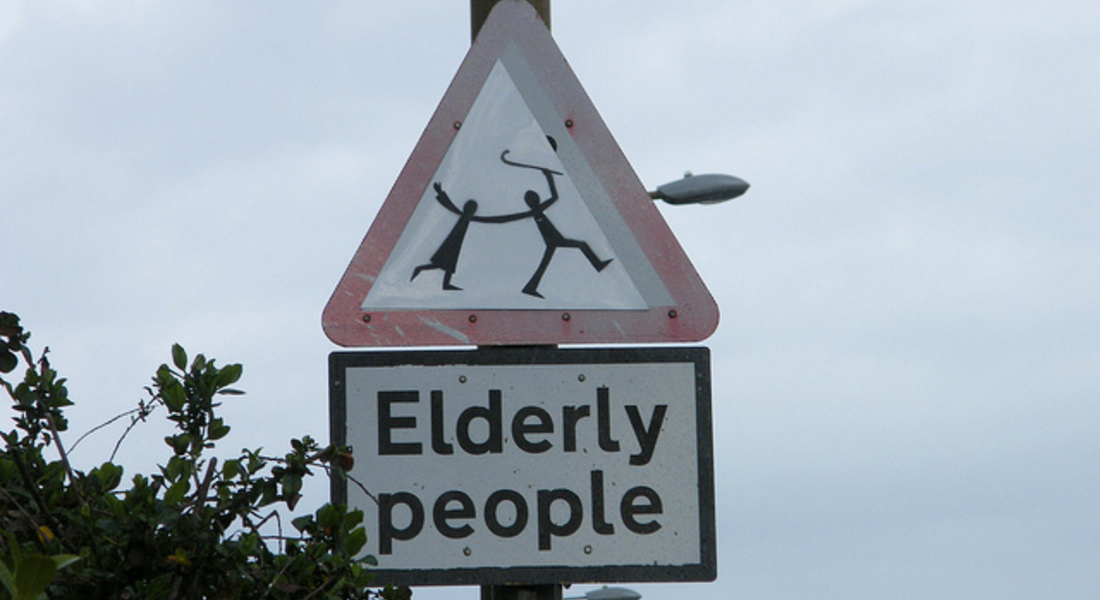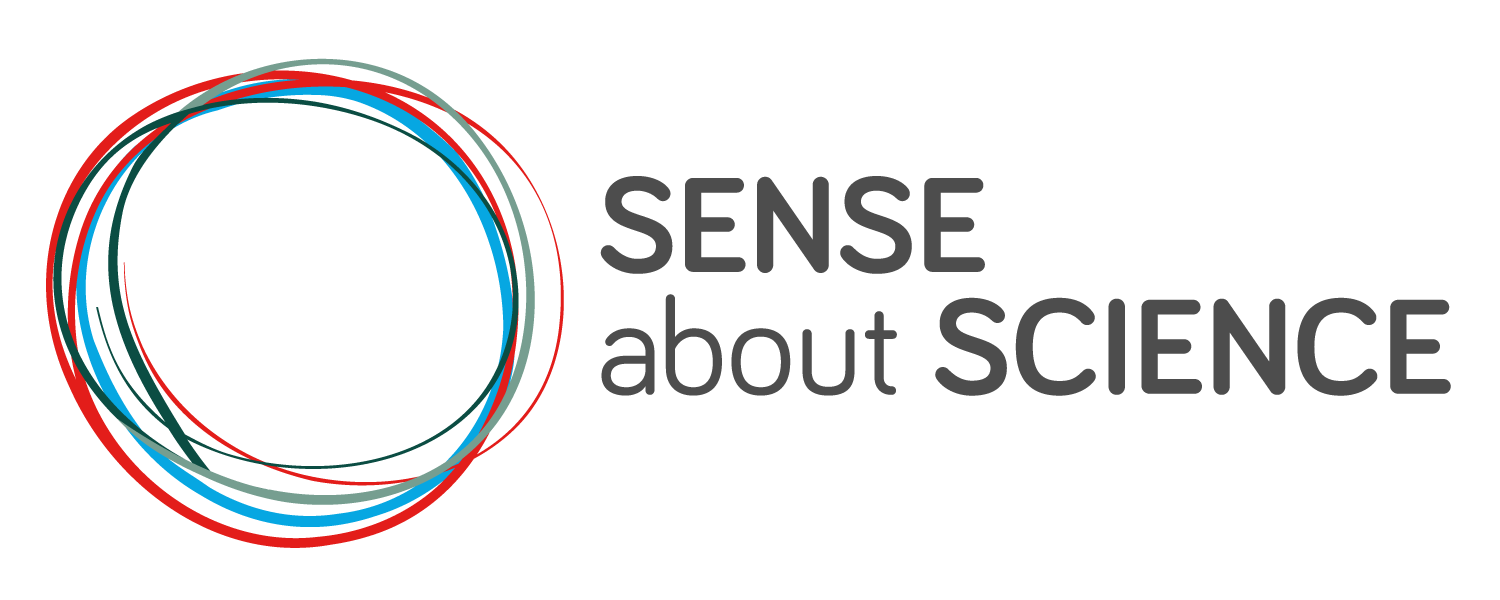We use cookies to help provide you with the best experience using our website.
If you're happy to accept cookies, continue to browse our site or click 'x' and we'll close this message.
Learn more
Are the world’s oldest people genetically superior?
Discovery News recently published an article titled "World’s Oldest People Are Genetically Superior". In spite of the definitive headline, Alexander found the evidence provided in the article less than convincing:
"At no point in this article does Discovery make an effort to qualify what this 'superiority' is in definition or in characteristic. At best, it points to a change in protein production between supercentenarians [individuals 110 years of age or older] and young people, but there is no elaboration or affirmation that this is the superiority in question. This type of misinformation can be detrimental to the public’s scientific education."
Alexander decided to delve deeper, and tracked down the original article in the journal PLoS One. The researchers did not find any clear evidence to suggest that supercentenarians are genetically superior, so Alexander contacted Discovery News to ask them for the justification behind their claims. You can see the full message he sent them here.
Unfortunately, Discovery News did not respond, nor did they reply when Alexander contacted them via Twitter. So Alexander decided to go back to the original research article to settle the matter. Here's what he concluded:
"The article's main focus was on rare protein-altering variants and genes, specifically focusing on one gene called TSHZ3. Even with the differences spotted between the supercentenarians and the control group in this gene, the researchers clearly stated this was not significant (in direct opposition to the Discovery News claim), let alone grounds to claim genetic superiority."
As is often the case, it seems that the allure of a catchy headline is a catalyst for exaggerated and misleading science reporting. Getting hold of the original research, where possible, can offer a clearer picture.
This Ask for Evidence story was written by Ed Parker, a member of our Voice of Young Science Network.
Image by Chris Booth - (CC BY-SA 2.0)



